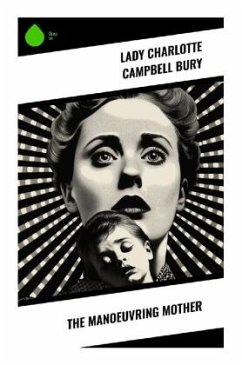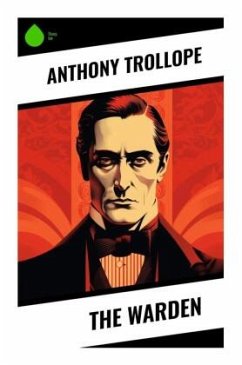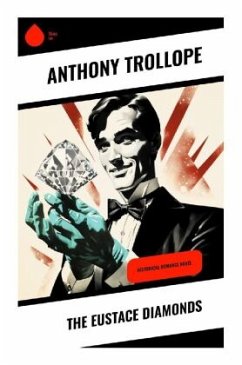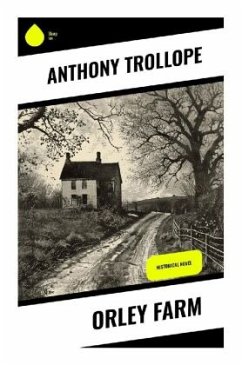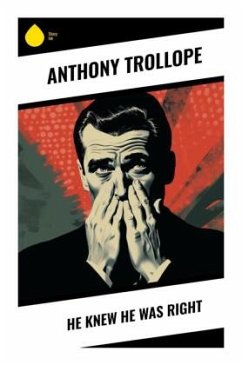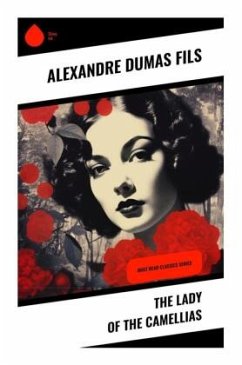
The Memoirs of Fanny Hill
Versandkostenfrei!
Versandfertig in 6-10 Tagen
10,50 €
inkl. MwSt.

PAYBACK Punkte
0 °P sammeln!
In "The Memoirs of Fanny Hill," John Cleland presents an audacious exploration of eroticism and desire through the eyes of its titular character, Fanny Hill. Written in the early 18th century, this novel employs a candid first-person narrative that weaves together vivid descriptions of Fanny's sensual experiences and the intricacies of her social interactions. Cleland's use of lush, lyrical prose not only captures the essence of libertine sexuality but also critiques the moral constraints of his time, positioning the work within the greater context of the Enlightenment's challenge to tradition...
In "The Memoirs of Fanny Hill," John Cleland presents an audacious exploration of eroticism and desire through the eyes of its titular character, Fanny Hill. Written in the early 18th century, this novel employs a candid first-person narrative that weaves together vivid descriptions of Fanny's sensual experiences and the intricacies of her social interactions. Cleland's use of lush, lyrical prose not only captures the essence of libertine sexuality but also critiques the moral constraints of his time, positioning the work within the greater context of the Enlightenment's challenge to traditional values. John Cleland, an English novelist often regarded as one of the pioneers of erotic literature, drew upon his own tumultuous experiences-ranging from financial struggles to imprisonment for obscenity-to shape the narrative of Fanny Hill. His varied life contributed to his deep understanding of society's taboos and the human condition, allowing him to traverse the delicate balance between moral commentary and unabashed sensuality in his writing. "The Memoirs of Fanny Hill" is a compelling read for those interested in literature that provocatively addresses the themes of love, identity, and societal norms. Its historical significance and unabashed exploration of sexuality make it essential reading for fans of classic literature and those seeking a deeper understanding of cultural attitudes towards eroticism.






